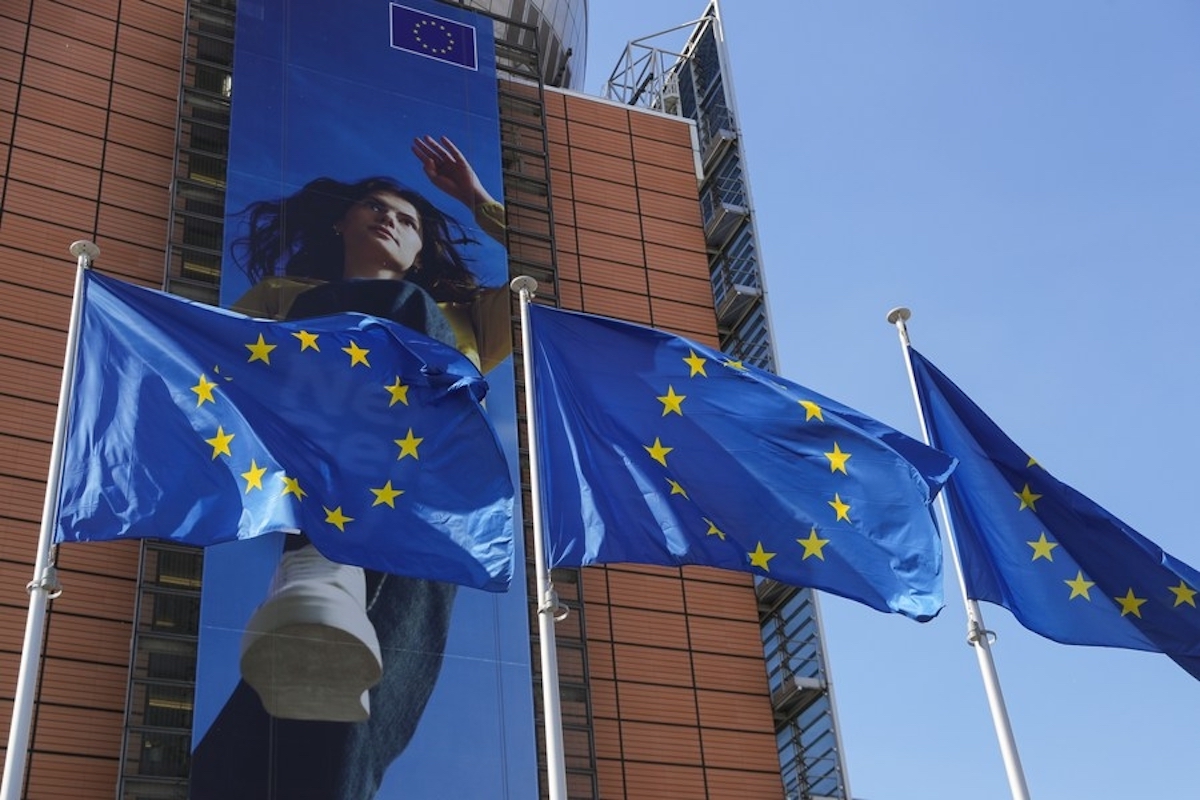European Central Bank holds rates steady
The European Central Bank (ECB) has decided to leave its key interest rates unchanged.
December’s lower inflation rate was driven mainly by moderating energy prices and actions by governments to cushion households.

(File Photo)
December’s lower inflation rate was driven mainly by moderating energy prices and actions by governments to cushion households from rising utility bills, Xinhua news agency quoted the office as saying on Friday.
Advertisement
Eurozone inflation stood at 10.6 per cent in October, the highest level since records began in 1997.
Advertisement
The energy price surge cooled significantly in December.
However, Eurostat still estimated the annual energy price inflation at 25.7 per cent, compared with 34.9 per cent in November.
Food, alcohol and tobacco price inflation accelerated slightly to 13.8 per cent from 13.6 per cent a month earlier.
The core inflation rate, which excludes the more volatile categories of food and energy, rose to 5.2 per cent from 5 per cent in November.
Commenting on the report, ING economist Bert Colijn said that the drop in energy inflation was the result of the price caps and the lower oil and natural gas prices.
“It is likely that the peak in inflation is behind us now, but far more relevant for the economy and policymakers is whether inflation will structurally trend back to 2 per cent from here on,” he wrote in his blog.
He expressed concern that core inflation continued to show little sign of relief, showing sizable increases for both goods and services.
“The next two months will be critical as many businesses traditionally change prices at the start of the year. It could therefore be that core inflation rises further from now,” he said.
Advertisement